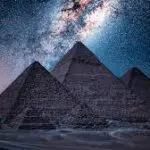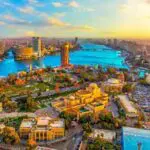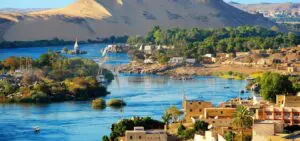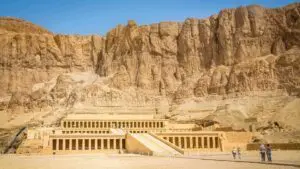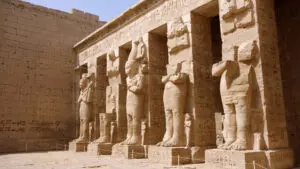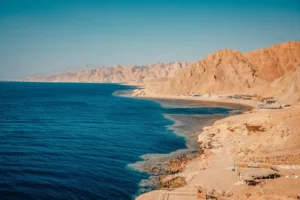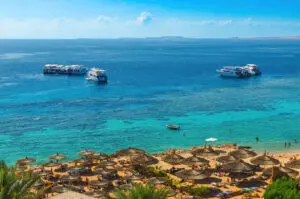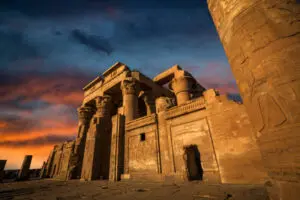Holidays and Festivals in Egypt
Unveiling Egypt’s Cultural Tapestry: Islamic and Coptic Christian Festivals
Experience the rich tapestry of holidays and festivals in Egypt, where traditions are intertwined with the Islamic calendar and the vibrant celebrations of Coptic Christianity. While most festivities follow the Islamic calendar, several widely celebrated Coptic Christian holidays add diversity and cultural depth to Egypt’s festive landscape.
One such occasion is Sham Al-Nessim, joyously observed on Coptic Easter. This remarkable holiday, with its roots in ancient Pharaonic traditions, commemorates the arrival of spring and heralds a season of renewal and abundance.
The Islamic calendar, based on the lunar cycle, brings about a shift of 10-11 days relative to the Western calendar each year. This cyclical nature ensures that Islamic holidays traverse the entire Western year over a 30-year period, offering a diverse spectrum of celebrations that align with the changing seasons. Additionally, as per the Islamic calendar, days commence at sundown, resulting in festivities that often begin on the evening preceding the expected date.
Ramadan in Egypt
Ramadan is a significant holiday in Egypt, with potential implications for visitors. Named after the corresponding month in the Islamic calendar, it commemorates the initial revelation of the Qur’an to Prophet Mohammed. During this time, most Muslims observe a fast from sunrise to sunset, abstaining from food, drink, sexual activity, and smoking. Ramadan is characterized by increased devotion and adherence to traditional values. Even those who typically consume alcohol may choose to abstain. It is important to be respectful and understanding of these practices while in Egypt during Ramadan.
During Ramadan, it’s important to be aware of the impact on schedules in Egypt. Restaurants and shops often close during the middle of the day and reopen after the fast is broken at sundown. Additionally, opening hours for tourist sites may shift, closing one hour earlier to allow employees to break their fast.
Despite these adjustments, traveling during Ramadan can offer unique experiences. Immersing yourself in the rhythm of the fast can be rewarding. After sunset, the streets become vibrant, with people celebrating and enjoying late-night meals. If you happen to be walking around at sundown, you may even be invited to join a group of fastbreakers for a meal. While non-Muslims are not expected to observe the fast, it is considerate to be mindful that those around you are fasting. Refraining from eating and smoking in public is considered polite during this time.
That’s great to know! It’s reassuring that Memphis Tours continues to operate normally during Ramadan, with only minor adjustments due to some restaurants being closed during the day. This ensures that visitors can still enjoy their tours and trips without any interruptions. Thank you for providing this information.

Other Islamic Holidays
Eid al-Fitr is a significant celebration that marks the end of the month-long fasting period of Ramadan. It is a time of joy and festivities, particularly in cities across Egypt. The literal translation of Eid al-Fitr is “festival of Fast Breaking,” and it lasts for three days. However, depending on the calendar and the inclusion of weekends or national holidays, the celebrations may extend beyond the initial three days. For instance, if Eid al-Fitr falls mid-week, the festivities may continue until the end of the weekend. During Eid al-Fitr, many Egyptians who can afford it take the opportunity to travel. It is a time for families and friends to come together, exchange greetings, and enjoy special meals. The most common greeting during this time is “Eid Mubarak,” which translates to “Have a blessed Eid!” This phrase is used to convey well wishes and blessings to others during the festive period.
Eid al-Adha
In addition to Eid al-Fitr, there are other important Islamic holidays observed in Egypt. One such holiday is Eid al-Adha, which commemorates the willingness of Abraham to sacrifice his son in obedience to God. Families remember this event by sacrificing sheep or other livestock, symbolizing the sheep that Abraham ultimately sacrificed instead of his son. In the weeks leading up to Eid al-Adha, you may see livestock tethered in cities and villages, awaiting the holiday when they will be slaughtered after the morning prayers. Another significant Islamic holiday is the Islamic New Year, which follows a few weeks after Eid al-Adha. Additionally, Moulid al-Nabi, the Prophet’s Birthday, is another major holiday celebrated in Egypt. During these holidays, it is common for bars and restaurants to refrain from serving alcohol, as it is illegal for them to serve Egyptian nationals. However, these changes are unlikely to affect hotels, as they typically continue to serve alcohol to their guests. It’s important to be aware of these cultural practices and respect the local customs during these holidays.
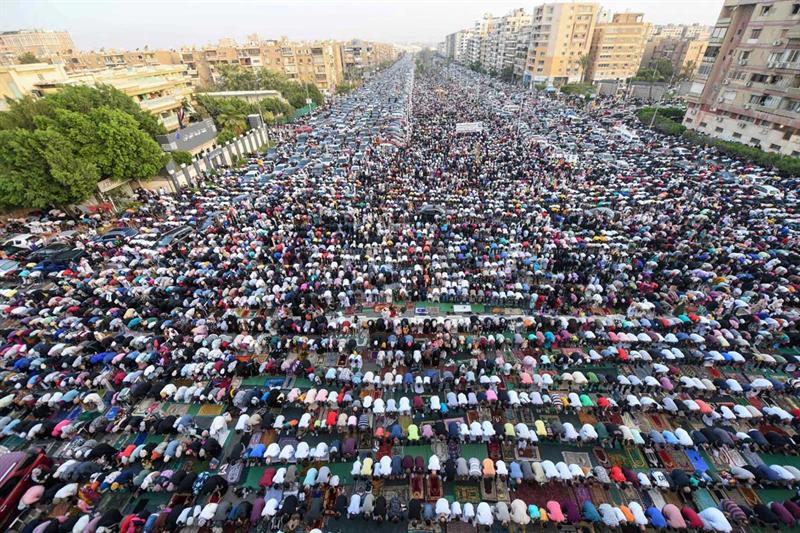
Moulids
In addition to the Moulid al-Nabi, which is celebrated across the Muslim world, there are many other smaller, local moulids that celebrate the lives of Muslim saints or holy men. These events are supposedly intended to obtain blessings from the saint being honored, but in practice they are huge social events. Large moulids may attracted crowds in the millions, dancing, chanting, selling goods, and generally having a good time. These events are the biggest displays of Egyptian popular culture in the entire year.
Cairo, Tanta, and Luxor all host large moulids. Al-Hussein, Sayeda Zeinab and Imam Al-Shafi’i Mosques all host large moulids in Cairo at different points in the years, but there are many smaller celebrations. If you are lucky to hear about one, keep in mind that these festivals are raucous, crowded affairs, full of music, ritual prayers and dancing.
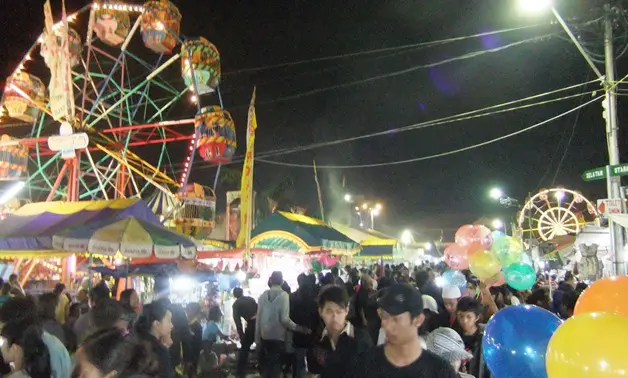
Coptic Holidays
Indeed, Coptic Christmas and Coptic Easter are both national holidays in Egypt. Coptic Christmas falls on January 7th and has seen an influence of Western Christmas traditions in recent years. You may notice an increase in Santa hats, Christmas lights, and Christmas trees during this time, adding a festive atmosphere to Egypt. Coptic Easter coincides with an ancient holiday called Sham al-Nessim, which dates back to Pharaonic times. Sham al-Nessim, meaning “sniffing the breeze,” celebrates the arrival of spring and typically takes place in April. This holiday shares some similarities with the Western celebration of Easter, such as the tradition of egg painting. Families often celebrate Sham al-Nessim outdoors, enjoying picnics in green spaces and indulging in specific foods like feseekh, a type of pickled fish. These holidays provide an opportunity to experience the cultural richness and traditions of Egypt, blending ancient customs with modern influences.



